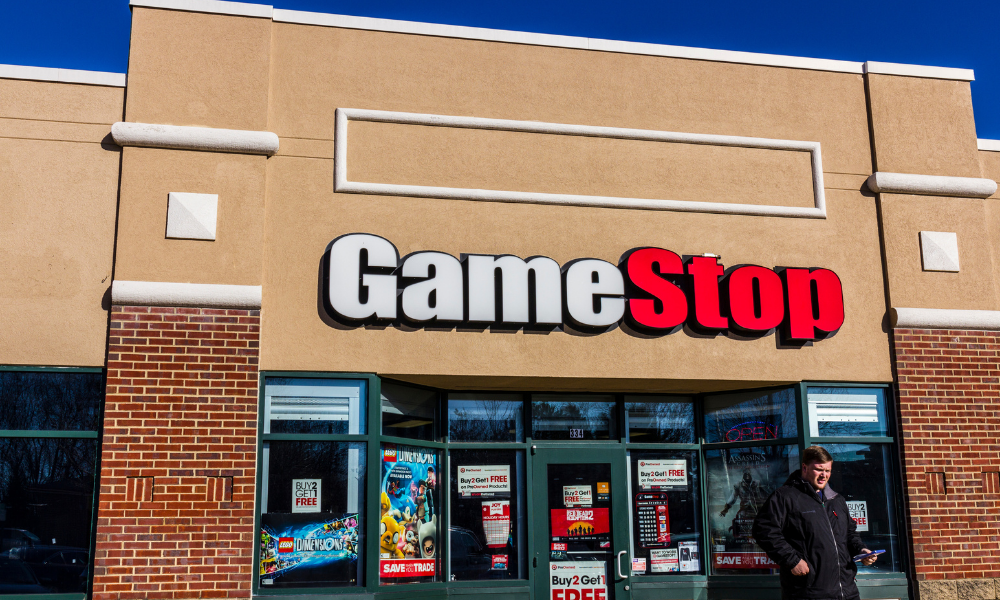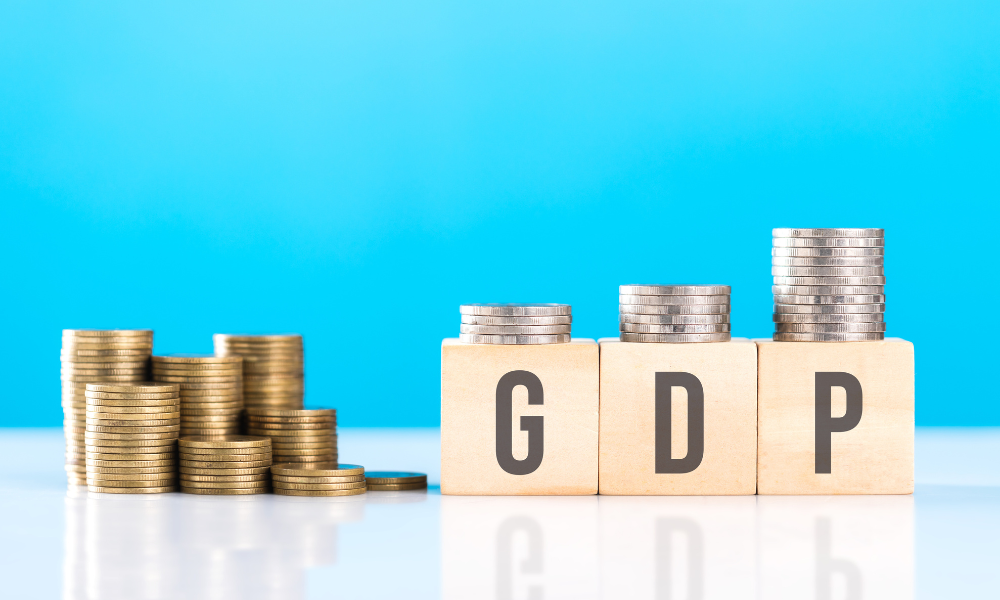Individual investors are making waves as they plunge into the equity markets in increasing numbers

The rush of individual investors entering the U.S. equity market in 2020 has intensified into a stampede in 2021, and the thundering herd is making itself felt.
Referencing estimates from JMP Securities, the Wall Street Journal reported that new brokerage accounts opened in the first half of 2021 have already topped 10 million, approximately equal to the whole-year total created in 2020.
While individual trading activity was for years barely a ripple in the sea that is the U.S. stock market, 2019 marked an inflection point with a broad shift toward commission-free trading among online brokerage firms. Individual investors’ appetite for investing turned into a craving during the depths of the COVID-19 pandemic, when those stuck at home had ample opportunity to speculate amid historic market volatility.
Larry Tabb, head of market-structure research at Bloomberg Intelligence, told the Journal that individual investors represented 20% of all U.S. equities trading by volume last year, around twice the number from 10 years prior.
“They definitely have influence, and they’re not going away,” Tabb said. “We think for the next year or so, 18% to 22% of the market will be driven by retail.”
The ebbs and flows of retail trading have been largely influenced by the gravitational force of social media. Individual stocks, whole sectors, and exotic asset classes have been the subject of apparently organic yet seemingly coordinated movements among individual investors. Trades get hot quickly as investors pile in, causing prices to shoot up within hours or days; almost as quickly, they pull out, sapping the energy from said trades at whiplash-inducing speeds.
“This is changing the way that one potentially trades these spaces—gone are the days when you can buy and hold a small-cap name and hope it yields 50% over time. It almost does that now in a matter of days,” Viraj Patel, global macro strategist for Vanda Research, told the Journal. “Market timing is the best friend of the app trader in this space.”
The collective clout of individual investors was on full display early this year. Discovering elevated levels of short-selling activity against GameStop, amateur investors coalesced around a short squeeze campaign initiated my members of a Reddit forum that drove GameStop’s stock up to astronomical levels, forcing short sellers to close their positions at a loss.
Following that episode, short interest in individual companies has plunged. Citing data from Dow Jones, the Journal said short interest on GameStop is hovering around 21%, in stark contrast to more than 100% at the outset of the meme-stock trading frenzy in January.
GameStop continues to be a favourite among meme stock watchers. With a market capitalization of US$12 billion as of the market close on May 7, the company is within striking distance of being included in the Russell 1,000 index. A chart recently published by FTSE Russell suggested that the minimum market cap for U.S. stocks to be included in the benchmark was US$3.6 billion.



